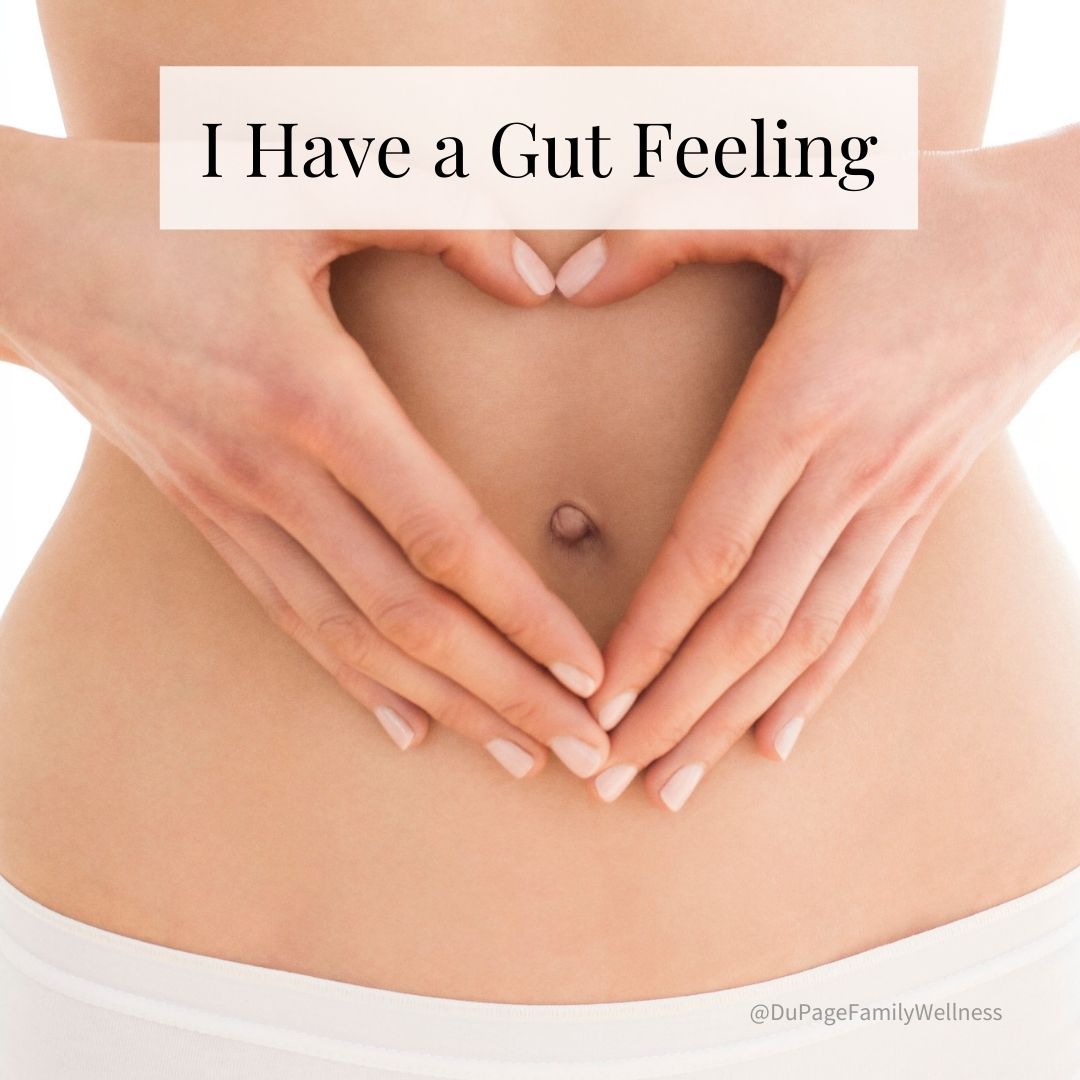 We all know that what we eat can affect how we feel physically, but did you know that it also plays an important role in how we feel emotionally?
We all know that what we eat can affect how we feel physically, but did you know that it also plays an important role in how we feel emotionally?
Most people don’t realize how intricately the gut and brain are connected. But the processes in the gut directly impact the brain’s function and may have an impact on your emotional health.
Dr. David Perlmutter, brain specialist and a well known author, states that “we no longer can segregate the brain on one hand and the gut on the other hand” calling the gut brain connection a “profoundly intimate relationship.”
Let’s take a look at this connection and see if healing the gut could improve your mood.
The Gut-Brain Axis
The brain and gut are connected, physically and biochemically, through a communication network called the gut-brain axis.
The Vagus nerve is one of the biggest physical connections between the brain and gut. It communicates both from the brain to the gut - and from the gut to the brain. Neurotransmitters also connect the brain and gut in a biochemical way.
The connection between the gut and emotions has been overlooked in many ways, but is backed by a growing body of research.
Neurotransmitters
According to Dr. Mark Hyman, “the gut is designed to help us digest food, absorb nutrients, keep invaders out, and even produce helpful compounds like the neurotransmitter serotonin.”
Many people are aware that the neurotransmitter serotonin is linked to feelings of happiness, but not many are aware that a large proportion of serotonin is produced in the gut.
Research also shows that gut microbes produce a neurotransmitter called gamma-aminobutyric acid (GABA). This neurotransmitter helps control feelings of fear and anxiety.
When our microbiome is not healthy, it will affect the production of these neurotransmitters which can lead to feelings of depression and anxiety.
Inflammation
Neurotransmitters made in the gut and the health of the gut lining have an important role in regulating immunity and inflammation. And according to Pearlmutter inflammation not only affects the brain, but is the “the central mechanism for virtually every chronic disease.”
Pearlmutter continues to explain that “it’s time that we really focus on the gut from my perspective as a brain specialist but from the perspective of any specialist dealing with the human body and health.”
Microbiome
The microbiome in our gut heavily influences the health of our gut. It is the good bacteria's job to heal the lining of the gut. When there isn’t enough of the friendly bacteria, the compromised gut lining leads to a host of problems.
According to Dr. Hyman, “We want to support bacterial diversity to have a strong ecosystem; creating a beneficial relationship between the bacteria all over our body, from the gut to the brain, skin, and even the placenta in women who are pregnant.”
He explains that “we can nurture our 100 trillion microbial friends through diet to cultivate vibrant health, but only if we feed them the right way, with real foods that are anti-inflammatory and rich in fiber.”
Pearlmutter further explains that beyond “food choices, things like antibiotics, other medications, proton pump inhibitors, non-steroidal anti-inflammatories, chronic stress, lack of exercise, sleep issues have all now been demonstrated to be associated with negative changes in the gut bacteria that translates into increased gut leakiness, paving the way for inflammation.”
How to Heal Your Gut
Healing the gut can be a complicated process for some people, but there are some basic steps that can help you begin to heal yours.
- Diet - eating a diet of real foods is a great way to start healing your gut. Real foods are typically pretty anti-inflammatory, although not all foods work for all people. You may have a food sensitivity to an otherwise “healthy” food, so it is important to listen to your body.
- Stress - The hormones released due to stress can impact the lining of your gut causing a host of gut problems. It is important to find healthy coping techniques to help keep your stress levels under control.
- Probiotics - Your gut microbiome may need the support of probiotics, but it is important to take the right kinds of probiotics. For an overview of what probiotics could be beneficial to you, check out this article.
If these steps are not enough to heal your gut issues, the book “Healthy Gut Healthy You” may be a great resource. In it Dr. Ruscio lays out an eight step plan that can lead you to greater gut health.
As Dr. Hyman explains, “the whole body, including the brain, will suffer when the gut is out of balance.” If you are interested in talking more about your gut health, feel free to make an appointment so we can work on a plan together.
Dr. Jamie
